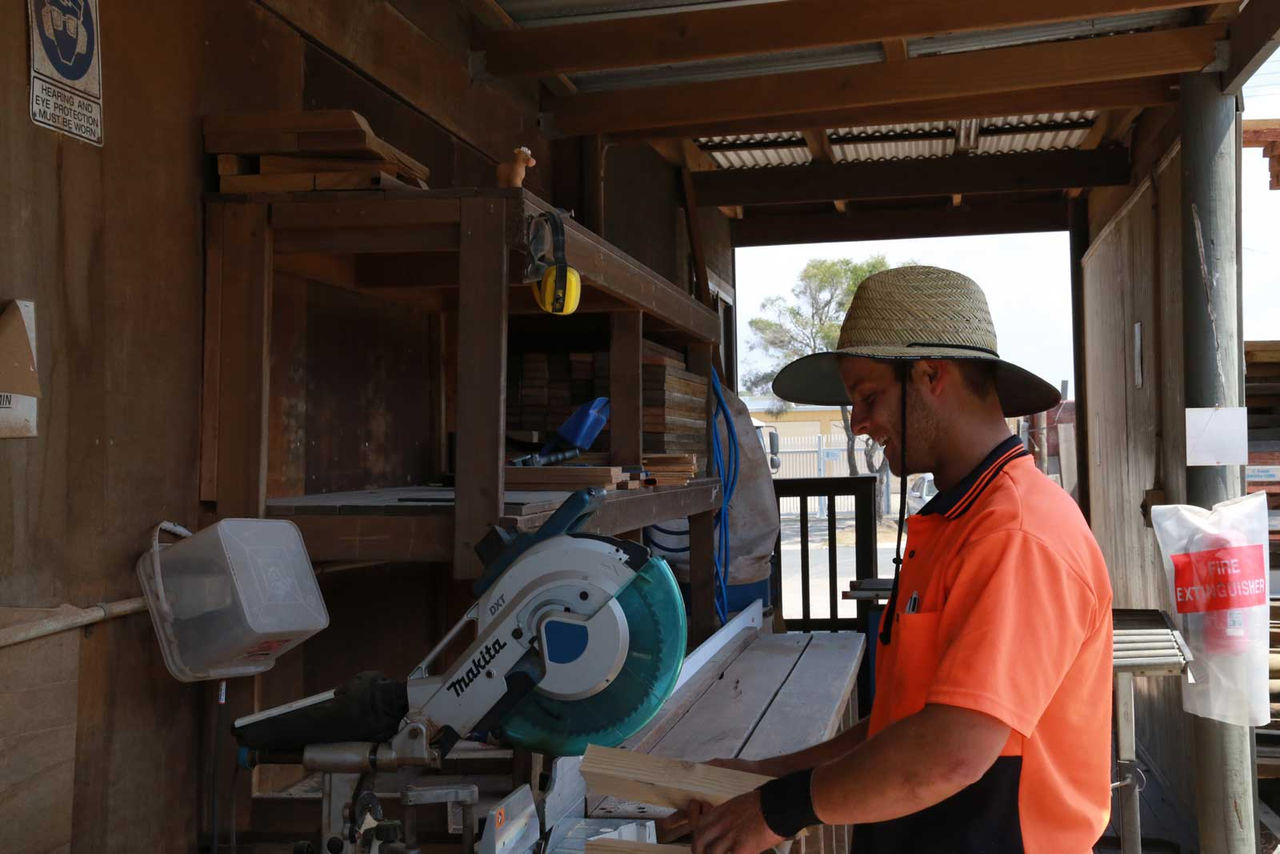What's the difference between nursing certifications?
Published by MAXSolutions on April 04, 2024

Navigating the world of nursing certifications in Australia can be complex, with various levels of education and specialization defining different roles within the healthcare system.
Understanding the differences between these certifications is crucial for aspiring nurses and healthcare professionals especially if you may be familiar with a different system in another country.
Knowing what type of nurse you want to be can help you plan your career and education pathways.
Assistant in Nursing (AIN)
AINs provide essential support and assistance to registered nurses and enrolled nurses in delivering patient care.
With a Certificate III in Health Services Assistance or similar qualification, AINs focus on tasks like patient hygiene, mobility assistance, and basic patient observations.
Enrolled Nurse (EN)
ENs typically complete a Diploma of Nursing program and work under the supervision of RNs.
They provide basic nursing care, including monitoring patients, administering medications, and assisting with daily living activities.
Despite their higher education compared to AINs, ENs' responsibilities and pay are generally lower than those of registered nurses.
Registered Nurse (RN)
RNs hold a Bachelor of Nursing degree or equivalent qualification, making them responsible for direct patient care, assessment, medication administration, and care coordination.
With a higher level of education and scope of practice, RNs play a pivotal role in healthcare delivery.
Clinical Nurse Specialist (CNS)
CNSs are advanced practice registered nurses who specialize in areas like oncology, mental health, or critical care.
With a similar level of education to NPs, CNSs provide expert clinical care, education, and support to patients and healthcare professionals.
Nurse Practitioner (NP)
NPs hold a master's degree or higher and have the authority to diagnose, treat patients, prescribe medications, and order tests within their scope of practice.
With advanced education and specialization, NPs play a vital role in providing primary healthcare services and leading their own teams in healthcare delivery.
Nurse Unit Manager (NUM) or Clinical Nurse Manager (CNM)
NUMs/CNMs oversee nursing staff, coordinate patient care, manage resources, and ensure compliance with healthcare standards.
Requiring higher education and experience (usually a decade or more), NUMs/CNMs contribute to effective healthcare management in a range of healthcare fields.
The healthcare industry is growing continually as the Australian population grows and ages.
There are many roles all over the country that need committed and caring people to assist with Australian healthcare in many ways.
From AINs providing essential support to RNs and CNs delivering specialized care and NPs and NUMs leading healthcare delivery, each nurse contributes uniquely to the healthcare ecosystem.
If you have been considering a career in healthcare, a CHC33021 Certificate III in Individual Support (Ageing and Disability) could be a great place to start.
Share
Tags
Found this useful?
Help and advice
Our blogs are about helping people seek the information that they need for their steps in the workforce.














_1.jpg)





























.jpeg)

















